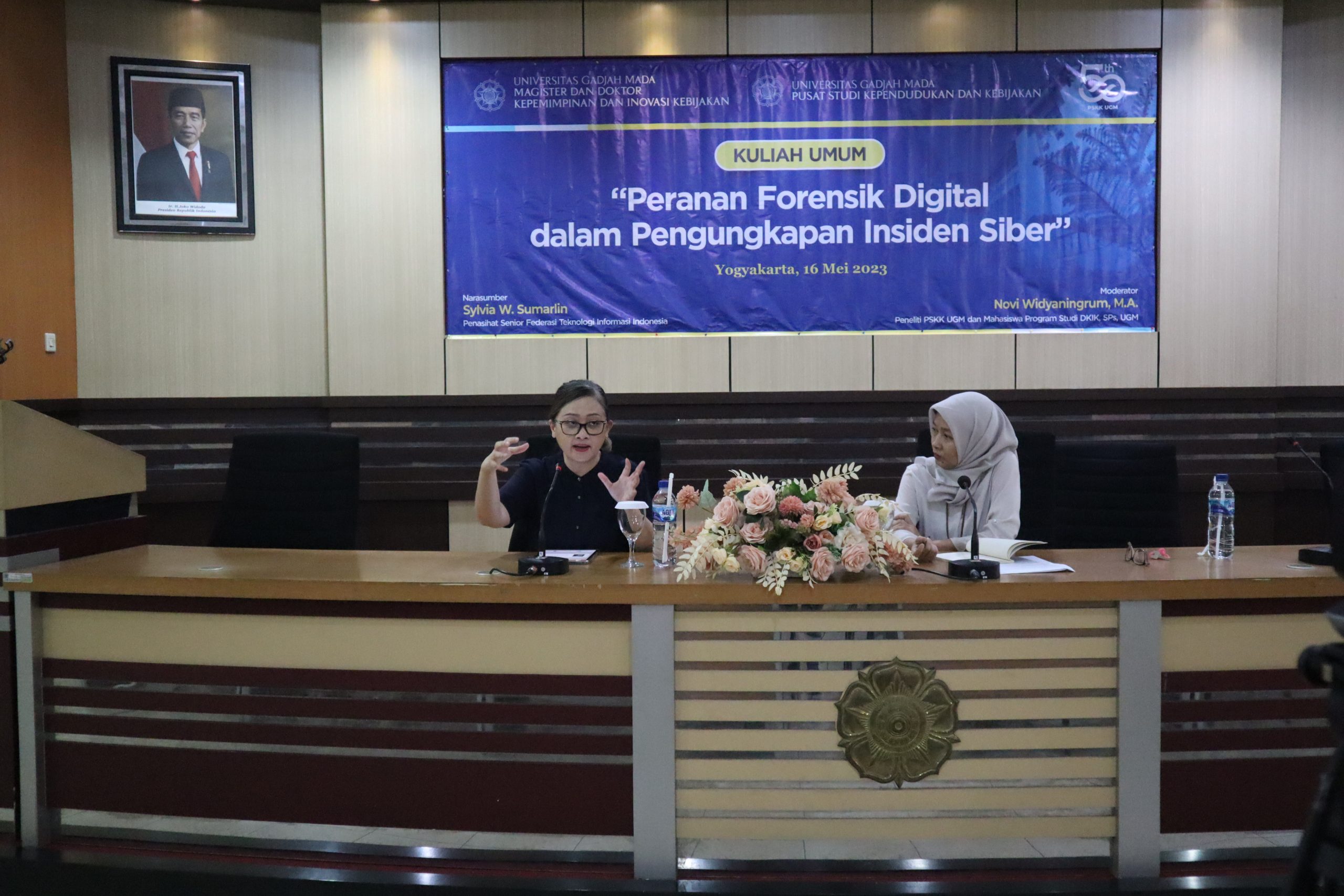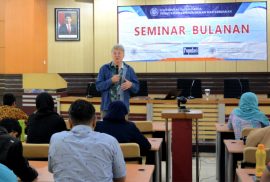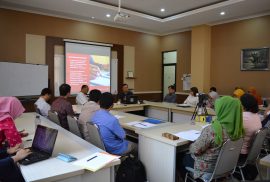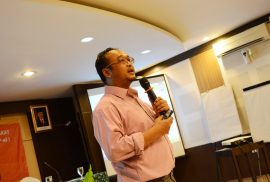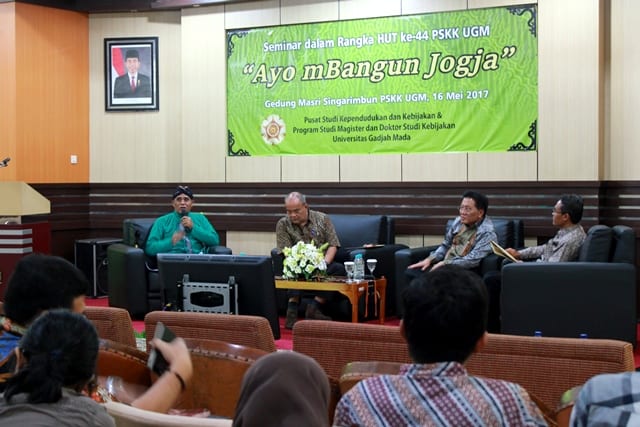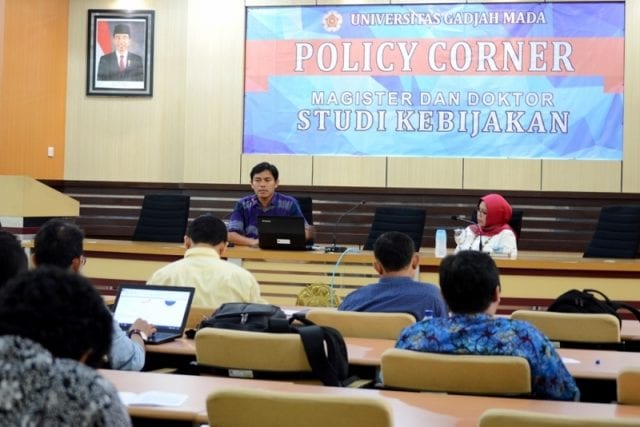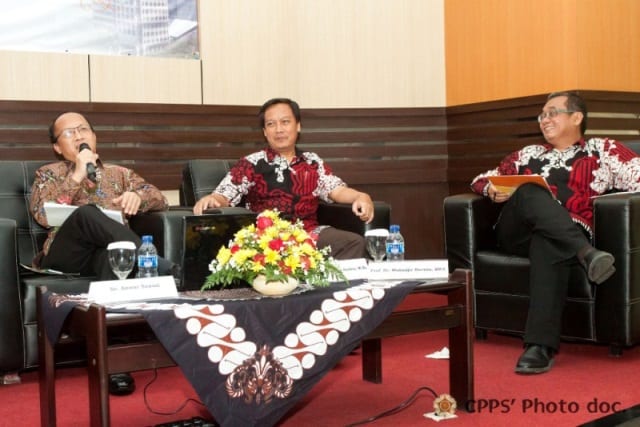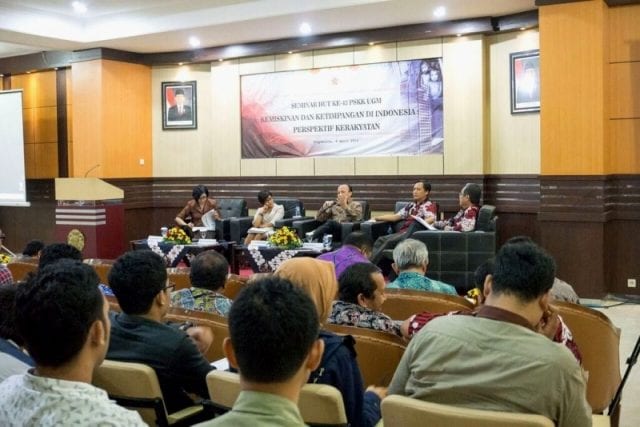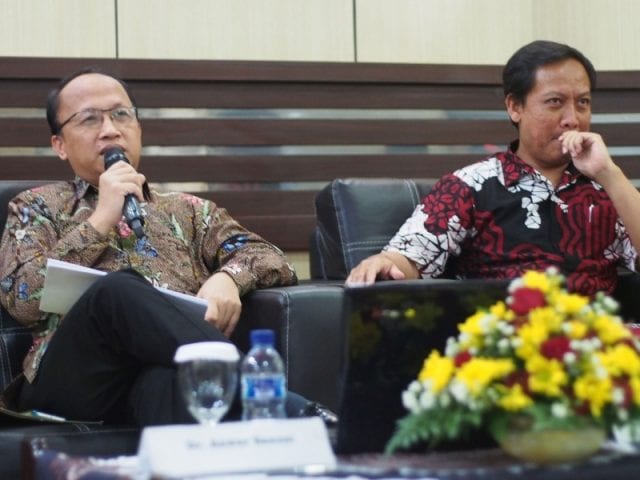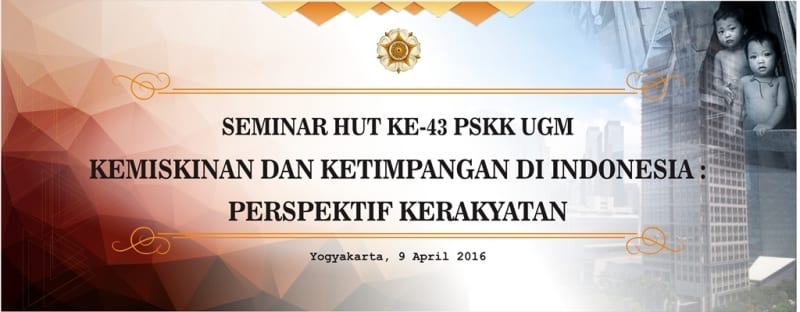Arsip:
Seminar
CPPS UGM – MDKIK SPs UGM in collaboration with CPPS UGM successfully held a public lecture entitled “The Role of Digital Forensics in Disclosure of Cyber Incidents” on Tuesday, 16 May 2023.
Seminar "How to Enjoy the Process of Scientific Writing" held by CPPS UGM on Friday (11/15/2019) was one of interesting event to note.
Center for Population and Policy Studies (CPPS) Universitas Gadjah Mada held an internal seminar on September 17, 2019 with the theme “Decision Making and Behaviors for Sustainable Spatial Development Process” delivered by Datuk Ary A. Samsura, a lecturer in Radboud University, Netherlands.
Yogyakarta, PSKK UGM – Poverty is a very dynamic issue, depending on the challenges at the time. Each period of Indonesian government has its own focus and character in poverty alleviation efforts.
Yogyakarta, PSKK UGM – The number of poor people in the Special Region of Yogyakarta (DIY) was still the highest in Java, although the trend was declining and slow.
Yogyakarta, PSKK UGM – Tiada hari tanpa kejahatan. Setiap hari baik saat menonton televisi, membaca surat kabar hingga mencermati artikel di media online, kita kerap dihadapkan pada berita-berita tentang kejahatan.
Yogyakarta, PSKK UGM – Sebagai bagian dari universitas yang mengembang visi kerakyatan, Pusat Studi Kependudukan dan Kebijakan Universitas Gadjah Mada mempunyai komitmen terhadap upaya penanggulangan kemiskinan dan pengurangan ketimpangan di Indonesia.
Yogyakarta, Harian Neraca – Ekonom Bank Dunia menilai kesenjangan tingkat pendapatan masyarakat di Indonesia jauh lebih tinggi melampaui perkiraan masyarakat. Sementara hasil studi lembaga keuangan internasional itu mengungkapkan ada empat penyebab terjadinya ketimpangan di negeri […].
Proyek Dana Desa Ditargetkan Serap 1,8 Juta Tenaga Kerja Yogyakarta, KOMPAS – Dana desa tahun 2016 sebesar Rp 46,9 triliun ditargetkan bisa menyerap 1,8 juta tenaga kerja yang berada di desa.
Siaran pers dalam rangka peringatan HUT Ke-43 Pusat Studi Kependudukan dan Kebijakan UGM Yogyakarta, PSKK UGM — Butir pertama dan kesepuluh dari tujuan pembangunan berkelanjutan atau sustainable development goals (SDGs) adalah mengakhiri kemiskinan dan mengurangi […].

